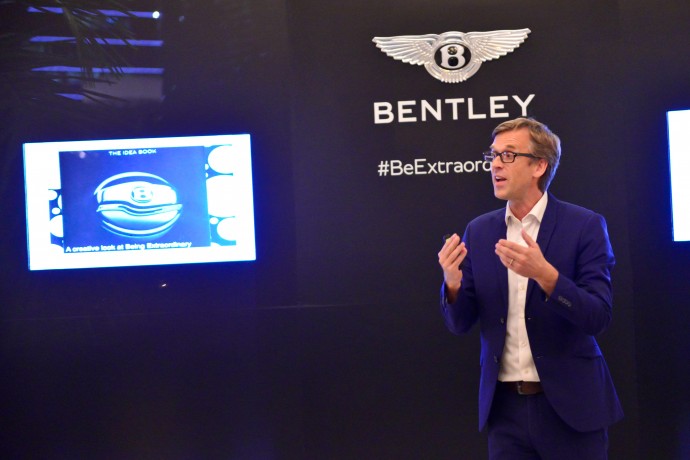
This is John.
John has an Italian father and a British mother, he speaks 7 languages fluently and he lives in Brazil since more than 20 years.
His job is to guide foreigners in Rio, but also to go on trips abroad as a guide for Brazilian tourists.
Today he was my guide from the airport to my hotel in Copacabana overlooking the Balneario Beach.
As someone who has travelled a lot, who has met so many foreigners and been living in Rio for so long I asked him:
“What is the biggest misconception that foreign tourists have about Brazil?”
He replied: “When they have been here a few days they tend to say: ‘It’s less dangerous than we thought it would be’.”
John is not saying that there is no violence in Rio. (there is).
What he is saying is that tourists tend to realise that the picture that they had painted in their heads before coming here was unrealistically negative.
I find that so true.
I have been in Sri Lanka during the war, in Pakistan and South Africa and many other places that some people are hesitant to go to.
My reaction is always “What are people so afraid of?”
Again, I am not saying we should not be cautious when we travel, or that we should be naive and think that there is no violence in the world and that some places has more of it than others (I did see a bomb go off in Sri Lanka).
I am saying that it seems that we – as humans – tend to be the most afraid of places we have never been to.
And because of that fear we are reluctant to go there.
and by not going there we can not realise that these places tend to be less dangerous than we thought.
I guess that means that our fear is stopping us from being less afraid.
It always makes me a bit sad when I hear and read about speakers who do not go abroad to give speeches because they are afraid. It is much more common than you would think.
Personally I see the opportunity to speak in some countries as a huge bonus as I might not have decided to go there as a tourist.
The job of being a speaker is arguably one of the best jobs in the world when it comes to how easy it is to do your job in different countries.
Take advantage of that.
A positive side effect is that you become less afraid of the world.
(Suggestion: Submit your email address in the form to the right to get a convenient email summary in your inbox every time 10 new posts have been posted.)
Contact Fredrik by clicking on the email symbol below.

